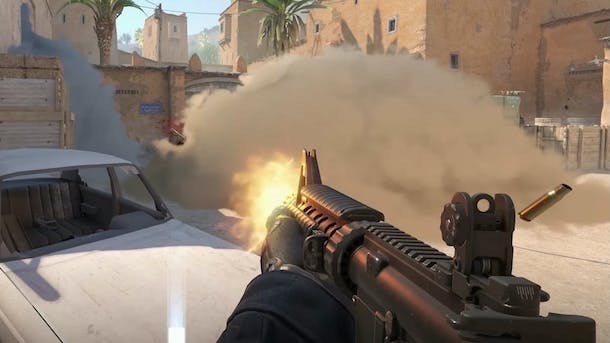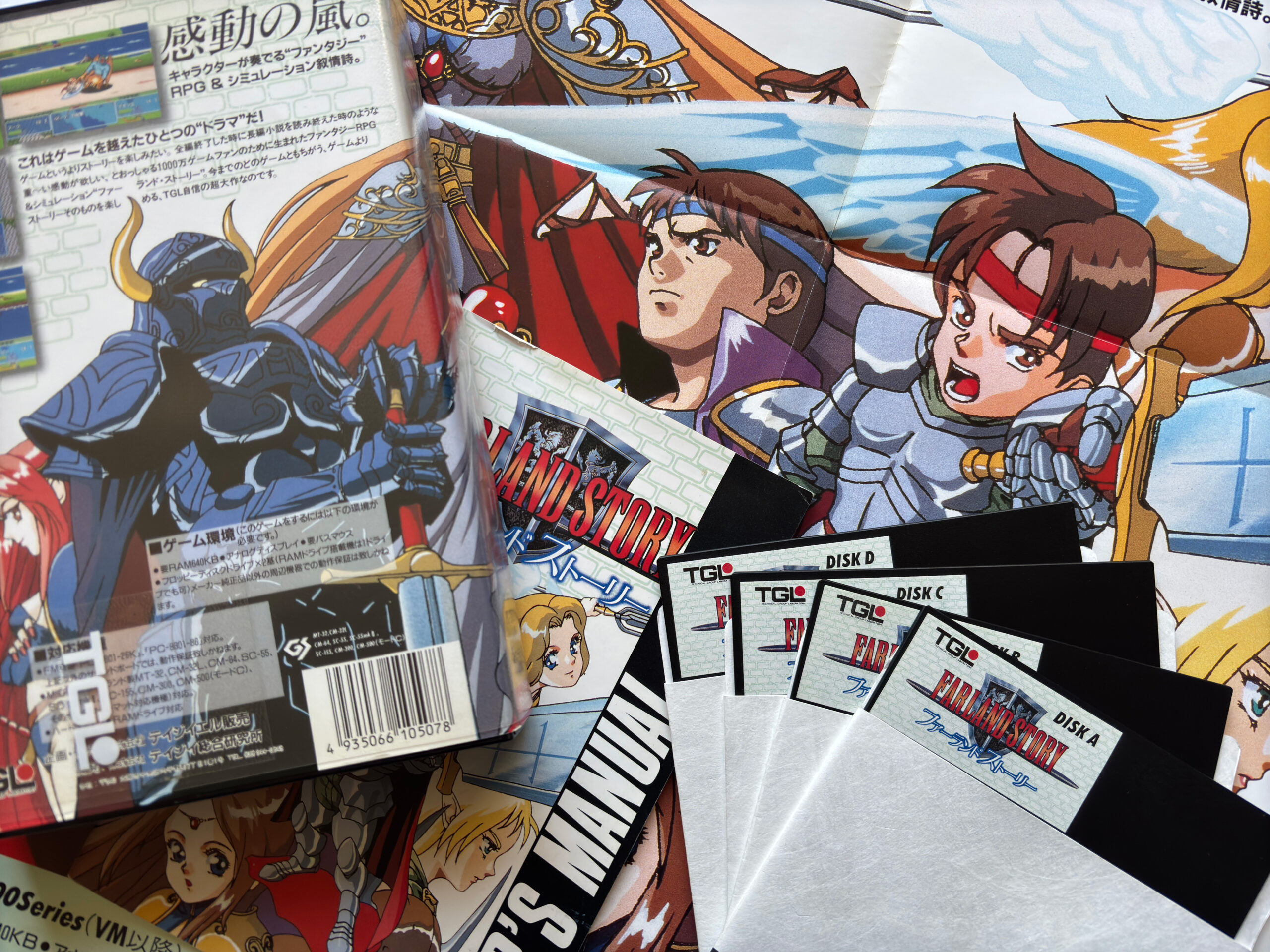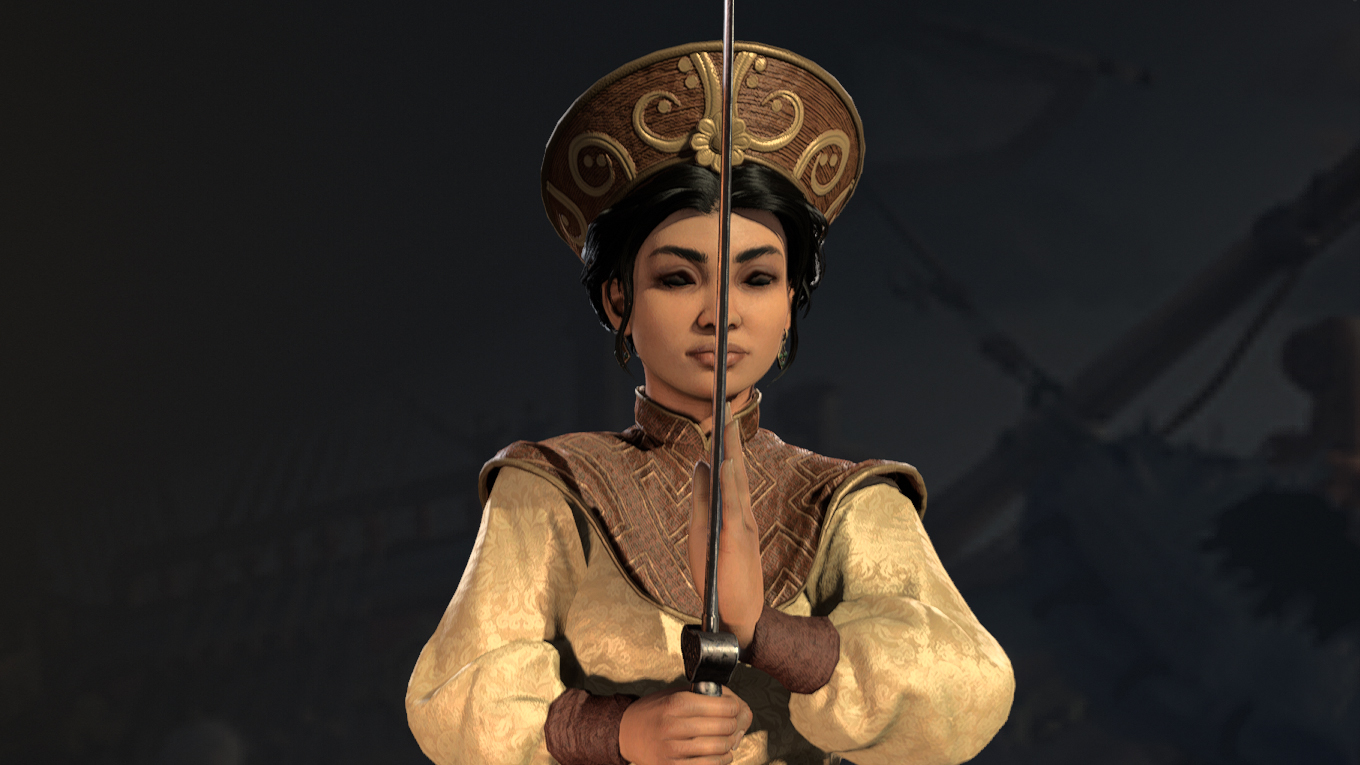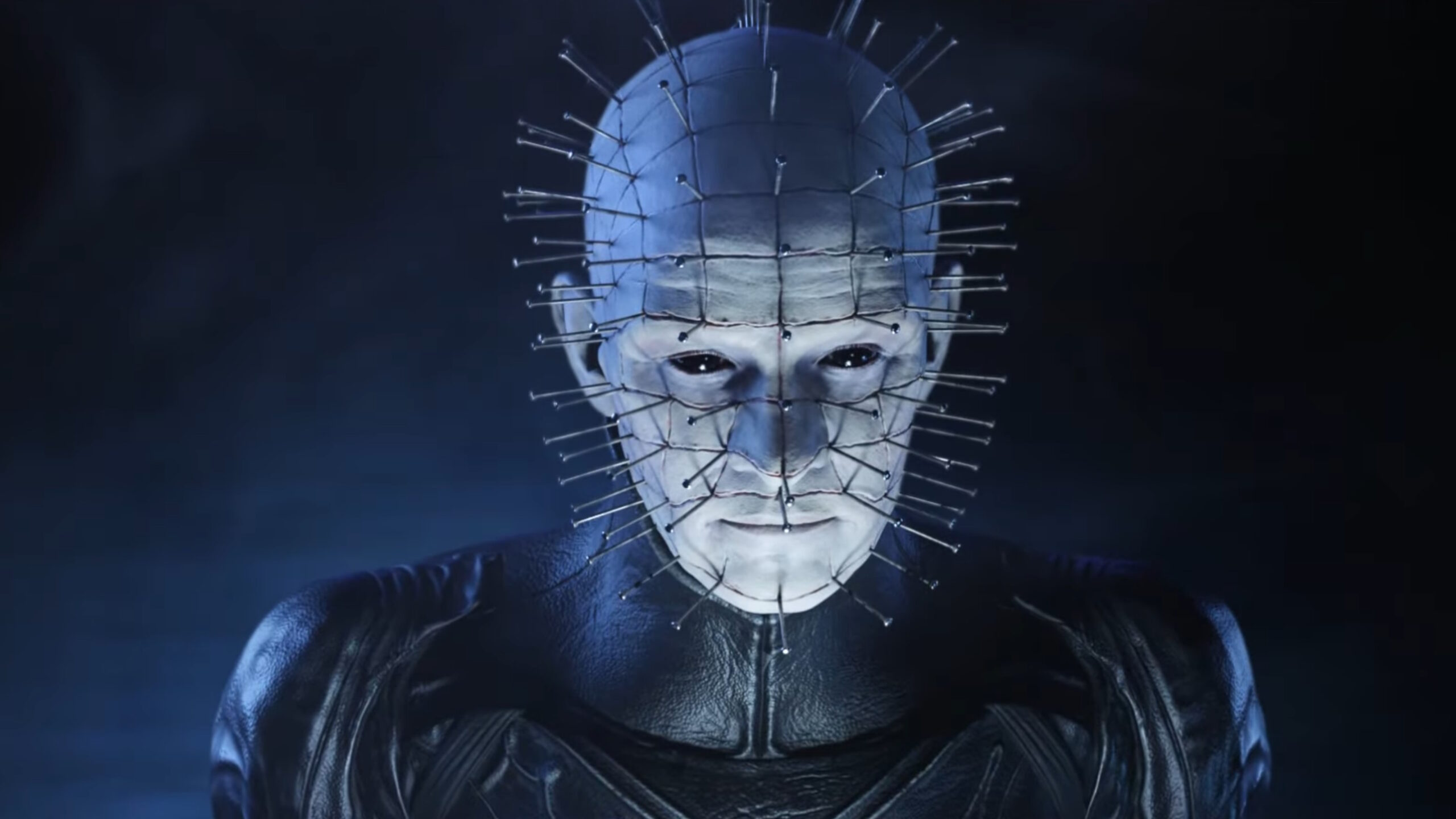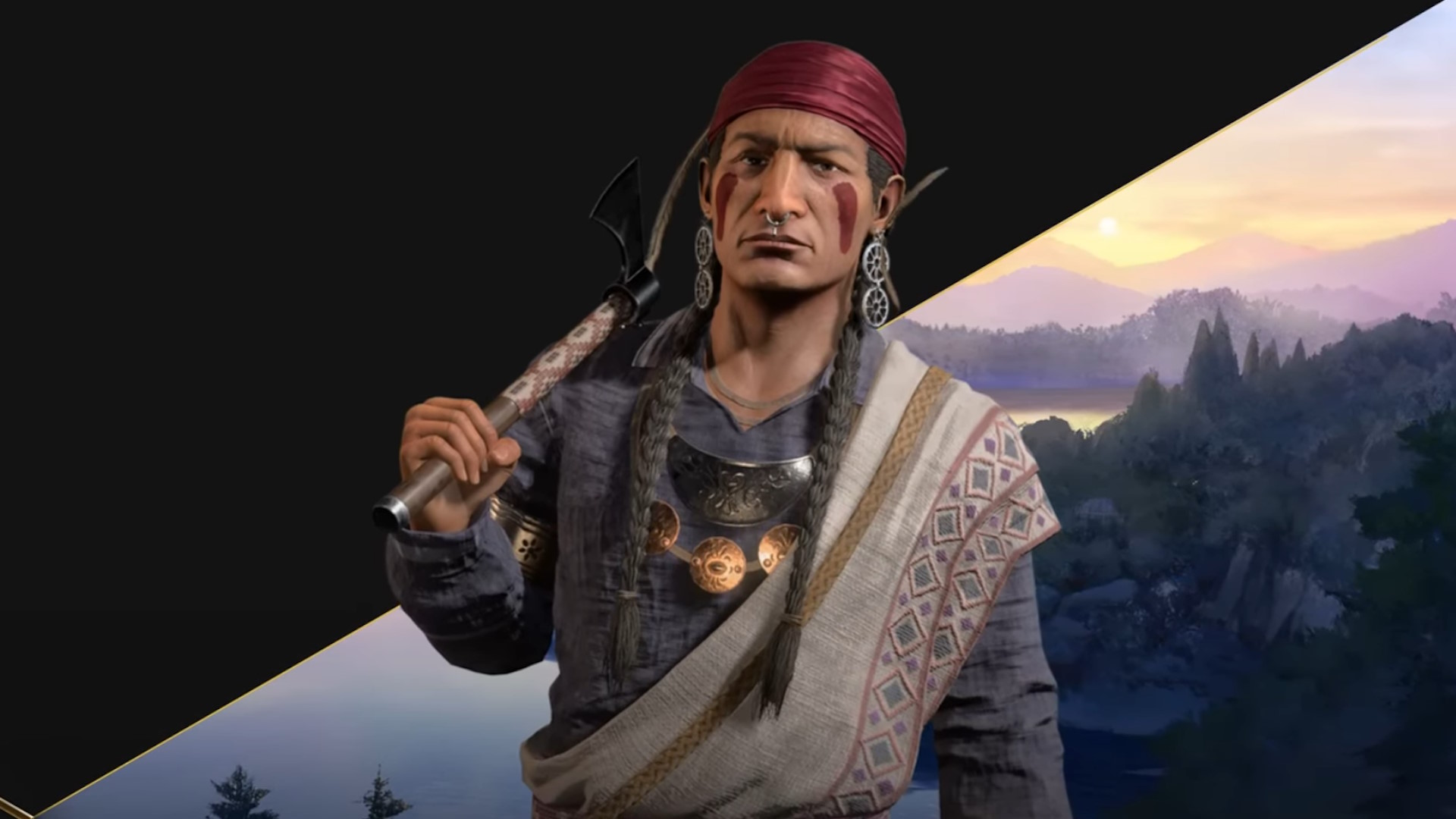Take heed, Counter-Strike 2 players: Valve has issued a warning that not only will cheaters be dealt with harshly through permanent bans, those who merely “associate” with them will be punished for their bad behaviour too. What does that mean, exactly? We’re still waiting to find out from Valve, who may be keeping details about this aspect of its anti-cheat program deliberately unclear to avoid circumvention.
The caution came as a single line in the Counter-Strike 2 release notes that were posted on Steam yesterday. The very first line in the “Matchmaking” section states, “When one or more party members get convicted of cheating and permanently banned, all their associates will be penalized with loss of Profile Rank and CS Rating.”
Cheating in Counter-Strike has been an issue for almost as long as Counter-Strike has been around, among both casual players and on the pro scene. Valve has done almost everything imaginable to punish and deter cheaters over the years, and it took an immediate hard line with Counter-Strike 2 by refusing to allow people caught cheating in CS:GO to participate in the CS2 beta. Competitive cooldowns, issued to players who commit “actions which negatively impact the match and players in the match,” were shared: Being given one in CS:GO locked you out of CS2 as well.
That’s good—cheaters suck and I’m happy to see them reap some sour consequences—but the new CS2 policy leaves open one big question: What exactly is an “associate” in this context? Someone who plays regularly with a busted cheater, or who has a record of coincidentally being in matches with cheaters? Or could it also include someone who’s just in the wrong place at the wrong time—matched up with a guy who seems like a really good player but is in reality using hacks to kick ass?
I doubt very much it’s the latter, because there’s way too much of a likelihood that innocent bystanders will get swept up in Valve’s anti-cheat net. But “associates” is such a nebulous term that it’s impossible to say for certain. Again, that could be intentional—a way of keeping players from taking chances by ensuring they don’t know exactly where or how the hammer is going to fall—but that seems like an imprecise and troublesome way to manage CS2’s vast audience.
Threats of punishment isn’t the only new way Valve is looking to dissuade cheating in CS2: In Premier mode, which matches players based on a per-map ranking, “players with a very high established CS Rating are not allowed to party with accounts that do not have an established CS Rating.” In other words, you can forget about being carried to lofty ranking heights that you didn’t properly earn.
I’ve reached out to Valve for clarity on what exactly an “associate” is and will update if I receive a reply. In the meantime, in case you’d somehow missed it, Counter-Strike 2 is now fully live and free to play, it’s sitting firmly atop the Steam charts, and while it’s only been a day, so far, so good.







